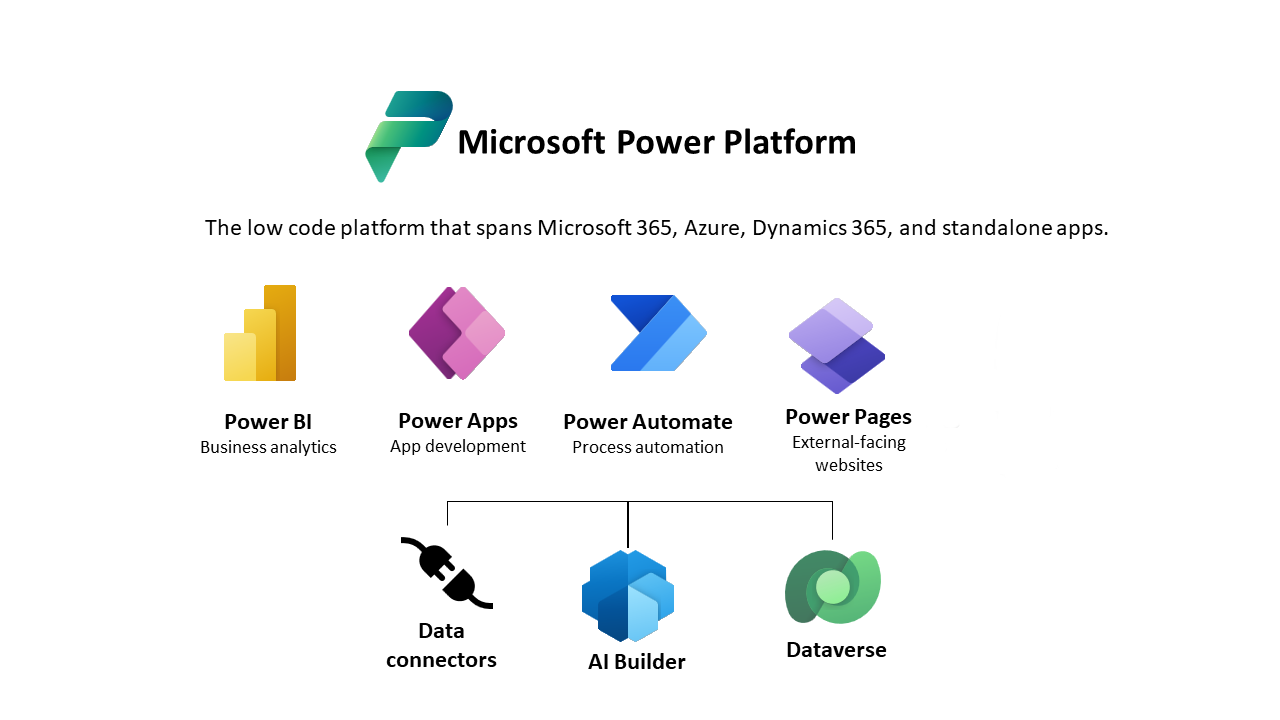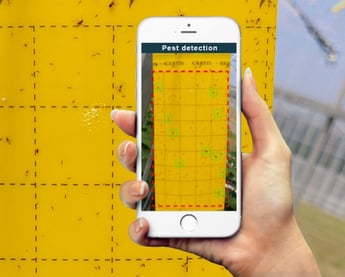At Obvion, certain steps in the risk detection process traditionally involved manual work:
- Checking whether all documents were submitted
- Reviewing the contents
- Consulting public data sources to assess risk
Every application must be thoroughly reviewed, validated, and checked by two people, adding up to quite some workload, especially when volume was high.
Low-code automation with Microsoft Power Apps
Obvion partnered with Itility to redesign and automate steps in the risk detection process without compromising quality or data security. After thoroughly analysing the existing workflow, we identified key areas suitable for automation, with the goal of reducing manual effort.
We developed a tailored solution using Microsoft Power Apps, Power Automate, and a Dataverse back-end. API connections were created with all relevant internal and external data sources.

The solution automatically handles several steps in the risk analysis flow:
- It reads submitted documents
- Connects to external data sources
- Applies business rules (defined by Obvion’s domain experts)
- Calculates a risk profile
- Stores the results in a central system for instant verification
Employees can immediately review flagged results to ensure the risk profile has been correctly assigned, combining automation with human validation.
The result: high quality risk assessment in less time
Thanks to automation, Obvion now performs high quality risk assessments in less time. This means reduced workload for staff without compromising quality, data security and risk control.
Key takeaways
In our experience, the biggest challenges in automating processes like these are:
- Integrating with existing systems
- Ensuring thorough testing
- Helping people adapt to new workflows
That’s why collaboration was key to the success of this project. Together with Obvion, we delivered a solution that is both technically robust and aligned with business needs.








